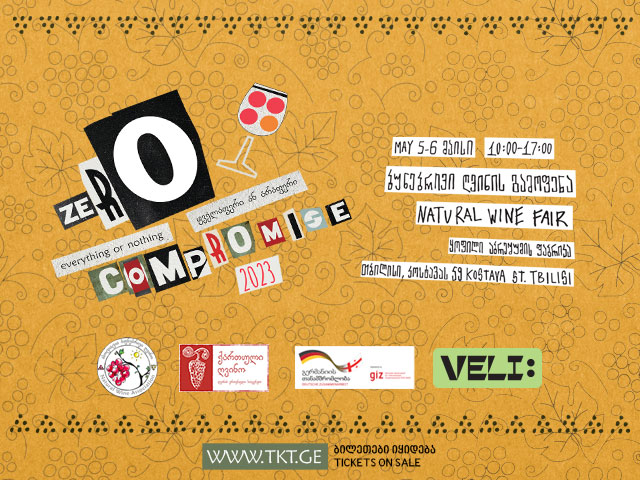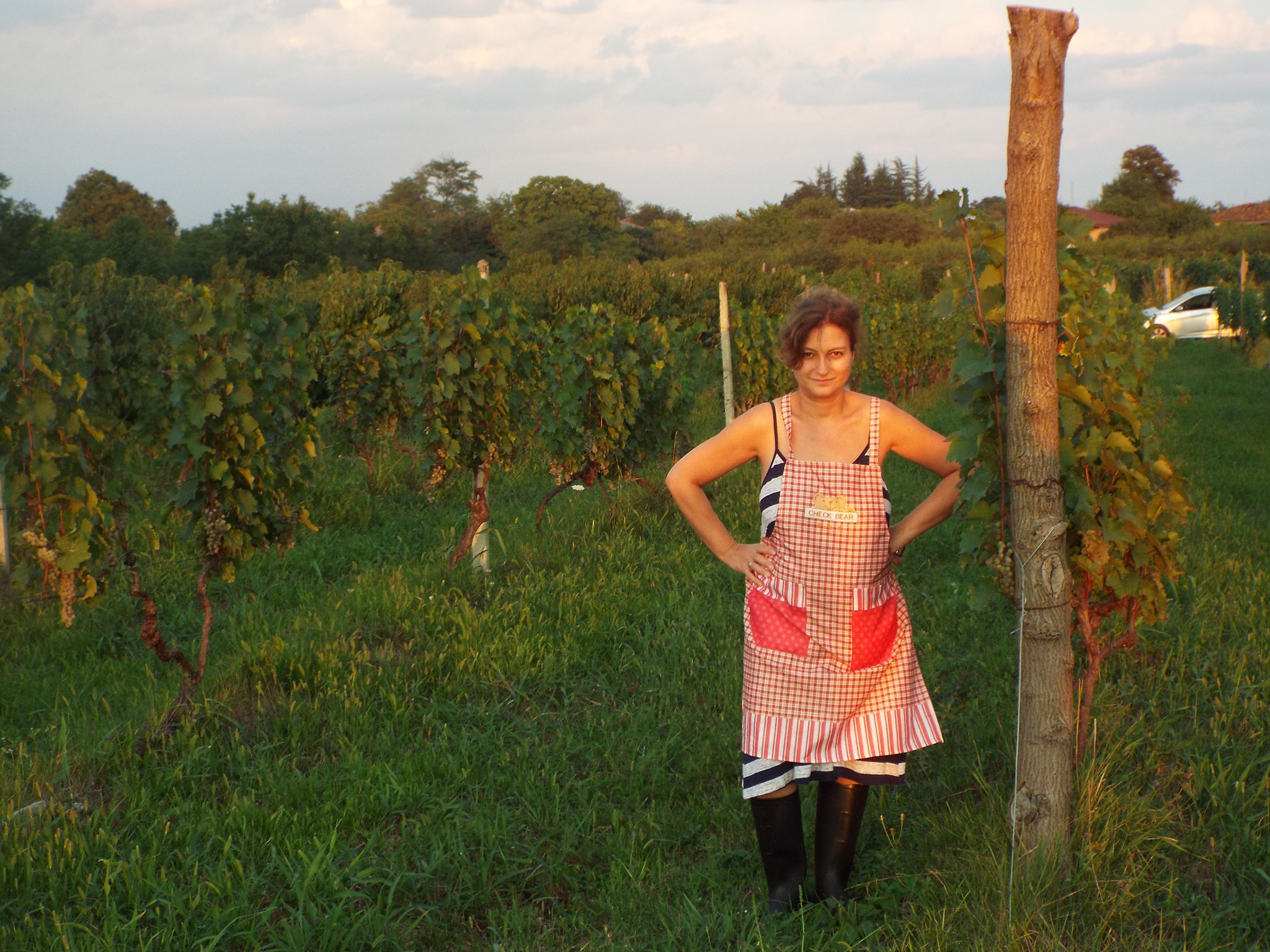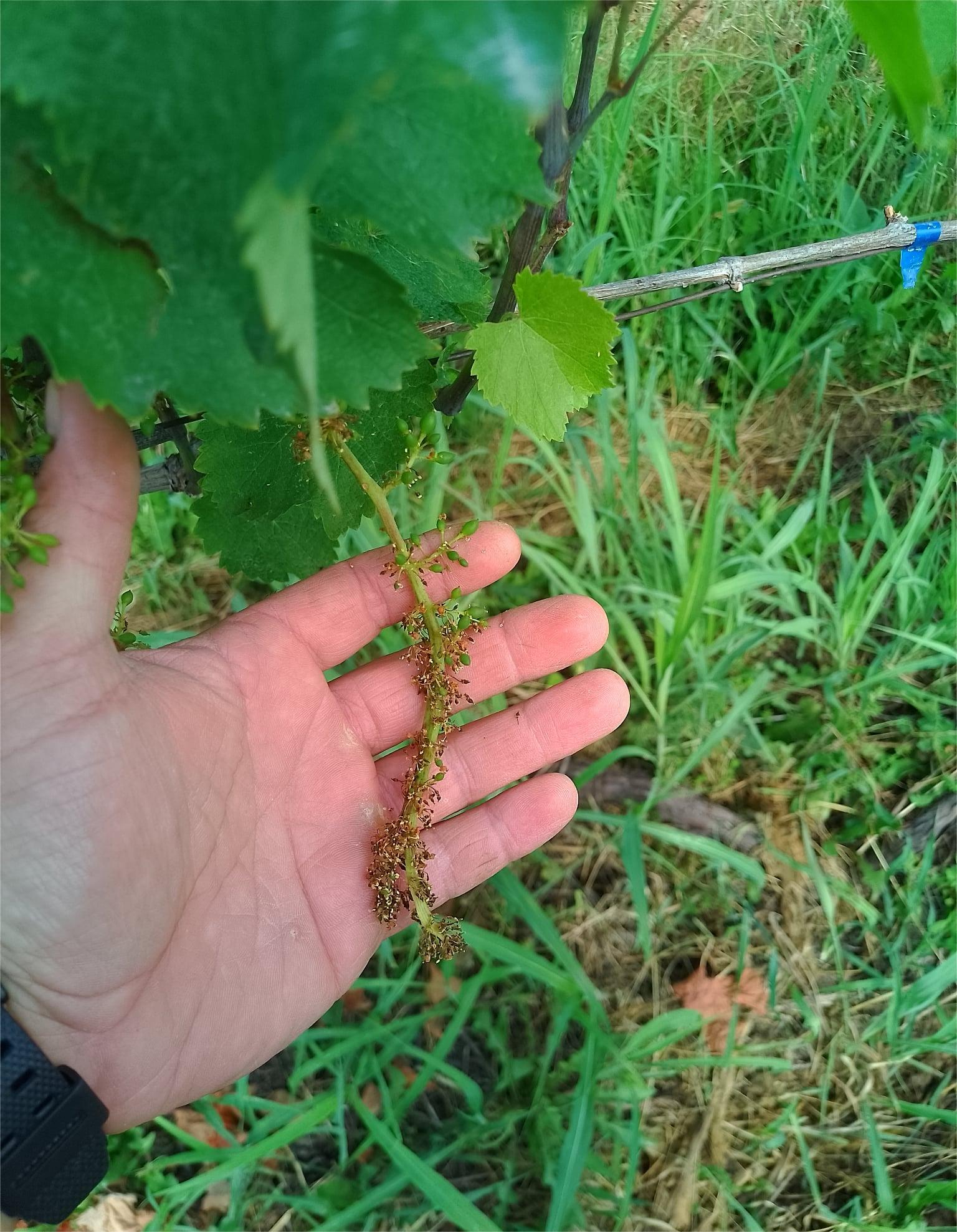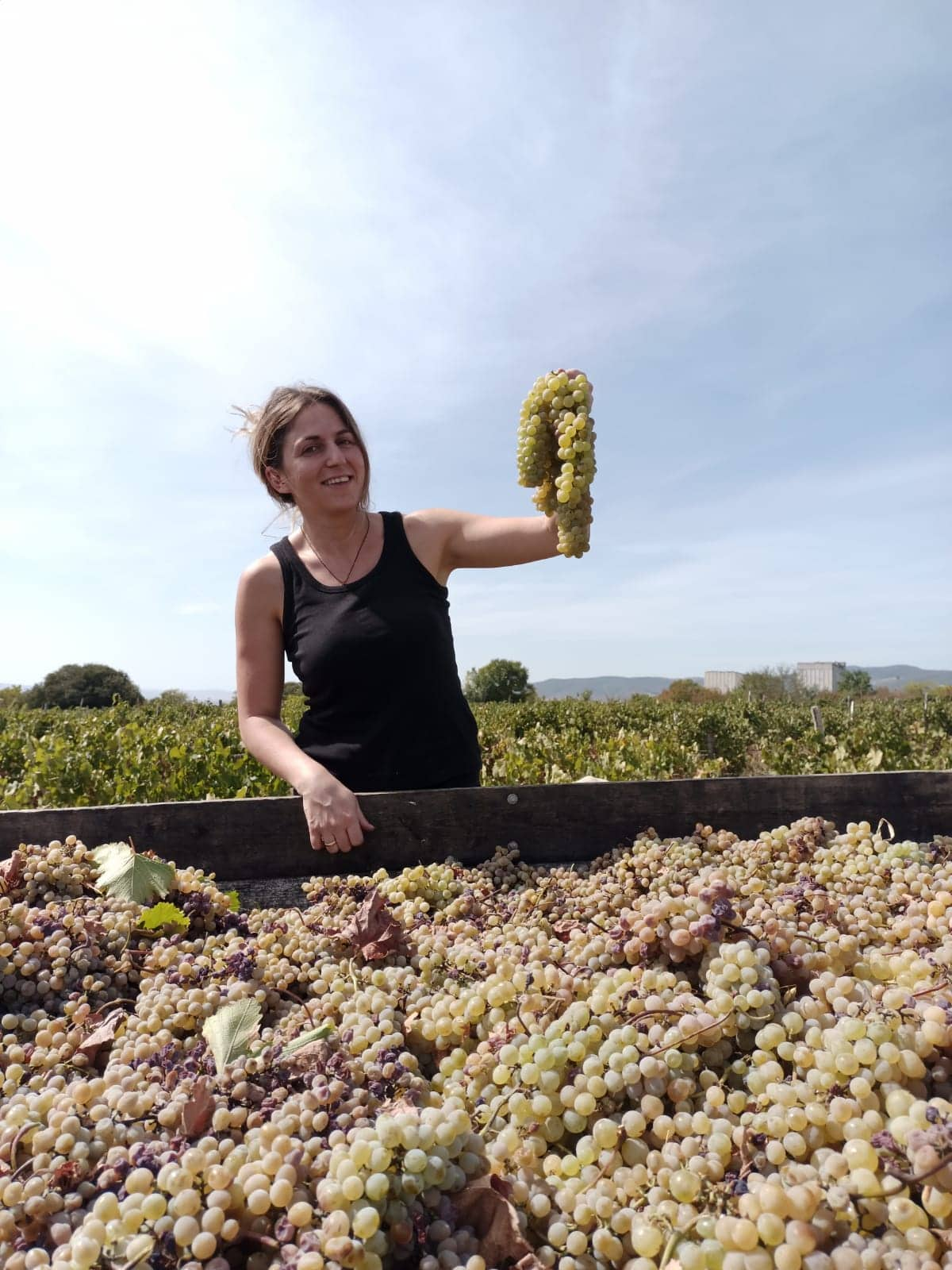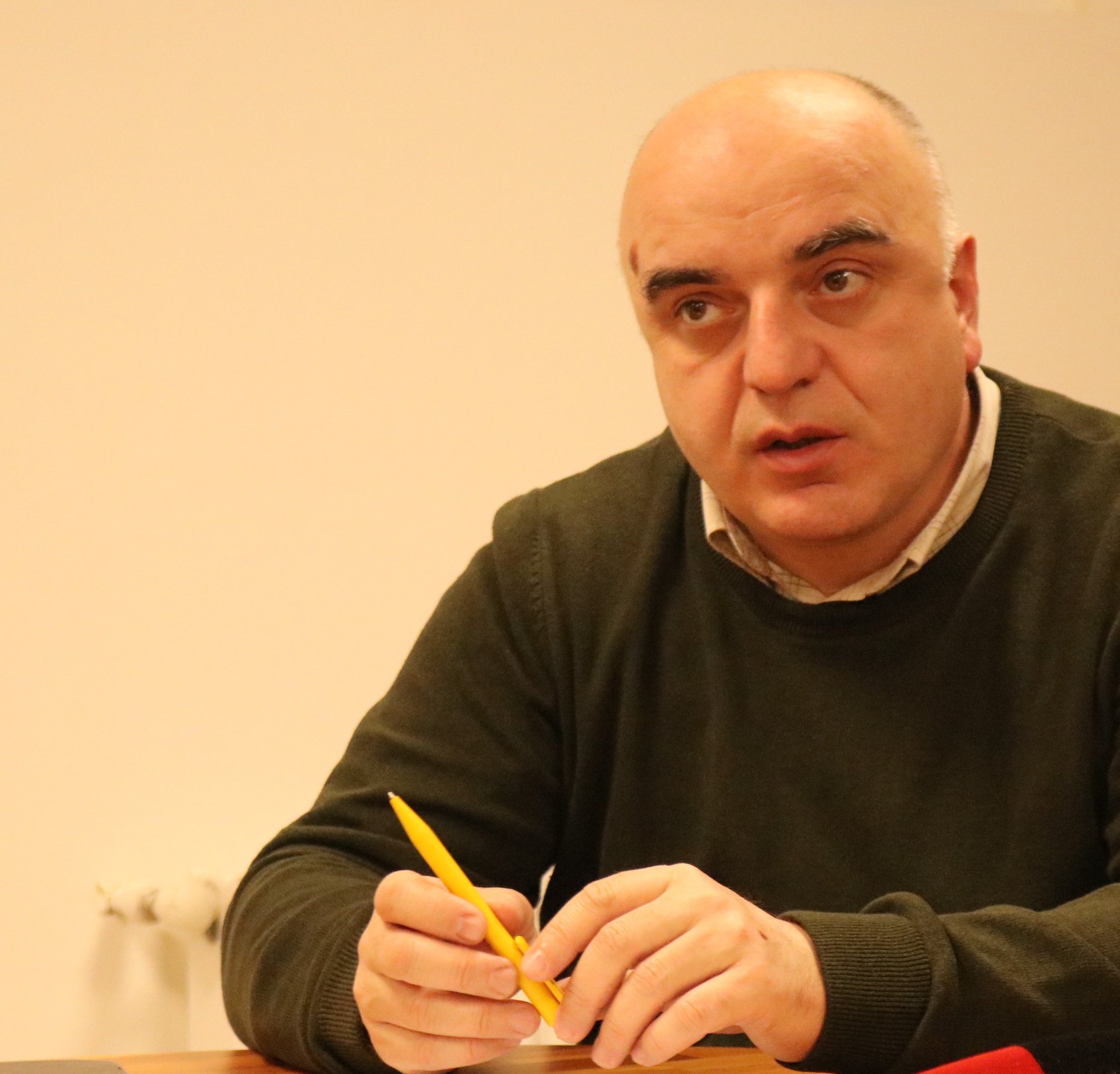News . 03-02-2023
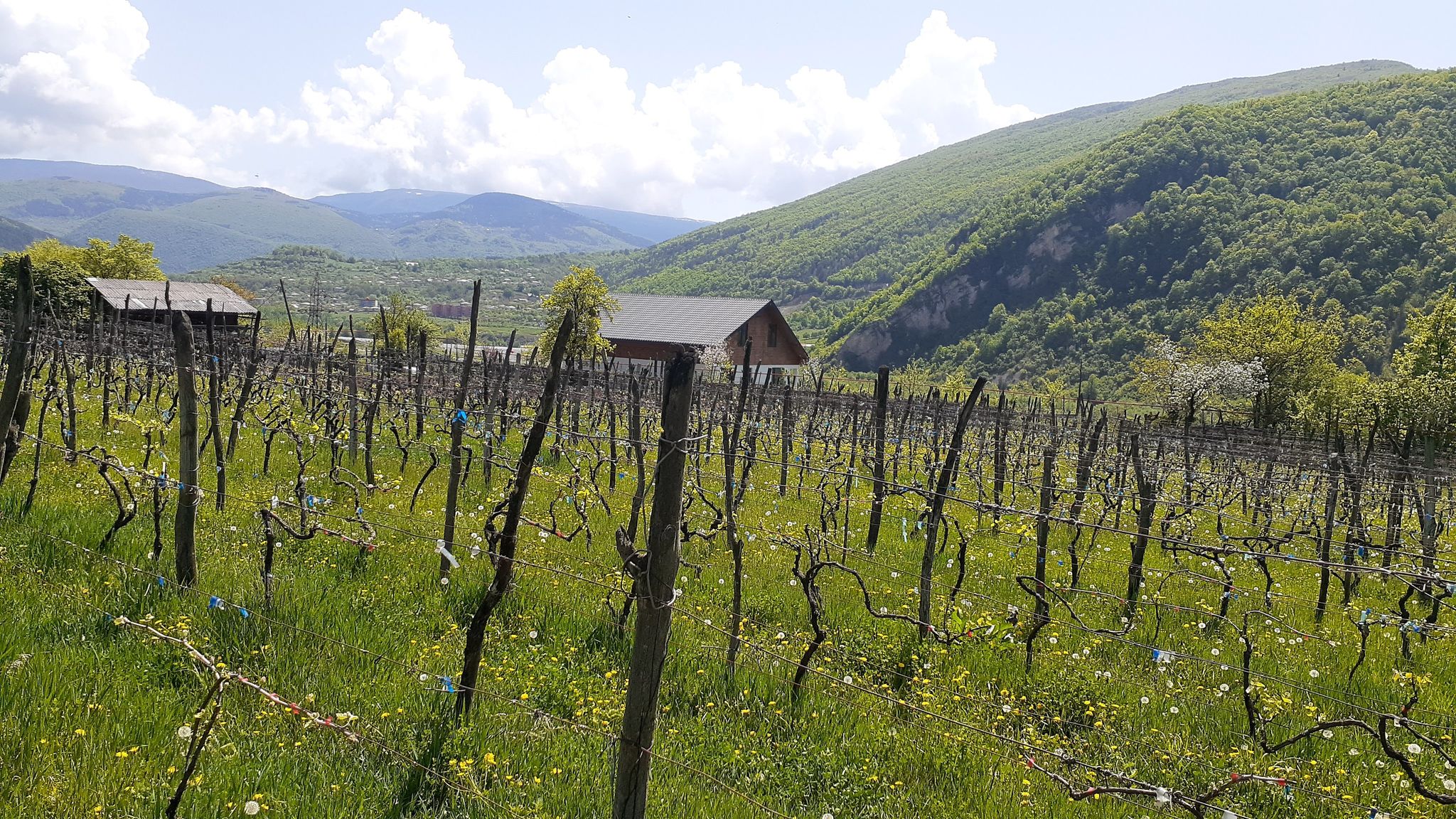
Top Five Small Wineries of Little Racha
Little Racha is a pure gem of Georgia. The uniqueness of Racha wine is derived from a blend of geography, soil, and local grape varieties. Vineyards planted on the slopes, especially in the Khvanchkara microzone, give high-quality wine grapes. Rare grape varieties and the advantages of terroir and small vineyards are the nuances that make Racha wine unique.
From a historical point of view, it is known that starting from the end of the 19th century, brothers Dimitri and Luarsab Kipiani produced dry wine from Alexandrouli and Mujuretuli. Kipiani wine was successfully sold both locally and internationally. During the Soviet period, in response to Russian market demand, the Alexandrouli/Mujuretuli wine became semi-sweet, which was achieved by Soviet winemaking by stopping the fermentation of must in refrigerated chambers, with residual sugar and necessary industrial processing, especially pasteurization, to avoid secondary fermentation in bottles later. There emerged a stereotype that Rachian wine should be semisweet, which settled even in the family farms of Rachians during the Soviet period. The families achieved this by often stripping the must during fermentation and replacing it with wild yeast contained in the residues. Things got to the point where, at the end of the 20th century, dry wine was almost impossible to find in Racha.
In recent years, natural winemaking has been awakening in Racha. Many locals have decided to make natural wine. Some winegrowers have returned to Racha and resurrected abandoned vineyards and farms. It is Racha's natural wine that shatters decades-old stereotypes and revives old traditions of Racha viticulture and winemaking.
A natural wine producer targeting the local or international market strives to produce wine that is stable when bottled and transported. Therefore, leaving residual sugar in bottled wine in such a dose as it was done in Soviet times, without pasteurization, carries the inevitable risk that sooner or later secondary fermentation will begin in the wine and the bottles will explode.
Many people were skeptical about the initiative of Rachian winemakers to return and preserve the tradition of making dry wine in Racha. However, the winemakers themselves believe that the wine produced by restoring the native roots and using traditional methods is a product that is of interest not only to Georgian but also to foreign wine lovers.
The Natural Wine Association has five members in Racha. Their stories are different, but they have a lot in common. What these people have in common is the vision that Racha winemaking has a great future.
Female winemaker Shorena Pataridze has been producing wine called Pataridze’s Rachuli for several years. The vineyards and wine cellar are located in the village of Abanoeti, Ambrolauri municipality. Nowadays, this village is almost devoid of inhabitants, and this small cellar is one of the hopes that people return to the village and viticulture and winemaking will revive again. Since 2021, the development of Shorena Pataridze's farm has been financially supported by a joint project GRETA (Green Economy: Sustainable Mountain Tourism and Organic Agriculture) of the European Union, Swedish and Austrian funds. Most of Shorena Pataridze's wines are exported.
Kereselidze wine cellar is located in the village of Sadmeli, Ambrolauri municipality. The family farm includes vineyards close to home - on the border of Dzirageuli and Sadmeli villages. Varieties: Alexandreuli, Mujuretuli, Tsolikouri, Rachuli Tetra, Rachuli Mtsvane. Next to these vineyards is the old house of Apollo Kereselidze's parents with a vineyard in the backyard, which the family left after the Racha earthquake in the 1990s and moved to a newly built house, where the cellar is now arranged. The winery mainly stores wine in cisterns and sells it in specialty liquor stores. The Kereselidze family is also engaged in hospitality tourism.
Khvedeliani’s Marani is located in the town of Ambrolauri. The vineyards are located in the village of Khvanchkara, as well as in Ambrolauri. Five small vineyards belonging to Khvedeliani Wine Cellar grow vines of varieties Alexandrouli, Mujuretuli, Tsulukidze Tetra and Tsolikouri. Mamuka Chelidze, who named the family farm after his late father-in-law, is in charge of the cellar and the vineyard. The wine is placed in old, ancestral Qvevris according to the traditional Rachian method. A major restoration of the cellar was done in 2022.
Tariel Lomtadze's Marani is located in the village of Khvanchkara, the wine is in the Khvanchkara wine microzone, by designation of origin. The wines of this small family wine cellar are presented under the name "Lomtadze Family Wine". The winery owns 1 hectare of vineyards in the village of Khvanchkara, where Alexandrouli, Mujuretuli, and Tetra Tsulukidze grape varieties are grown. The winery produces classic and Kvevri wines: Khvanchkara, Tetra Tsulukidze, and Alexandrouli. The wine is sold both domestically and internationally.
Akhobadze's family cellar is also located in the village of Khvanchkara. The family farm is managed by Merab Akhobadze, who moved to Khvanchkara from the city of Kutaisi ten years ago and during this time has been working hard to build the wine cellar. The wine cellar was built from stones carved from abandoned and demolished houses in Racha. One of the vineyards surrounds this cellar and house. The vineyard is planted on a slope, in scattered areas. The second vineyard is higher up, away from populated areas. The grape varieties are Tsulikidze Tetra, Rachuli Tetra (according to Merab Akhobadze, these two grape varieties are different), Rachuli Mtsvane, Alexandreuli, and Mujuretuli. The vineyard also has two bunches of a rare variety, Ratiani Tetra.
Levan Sebiskveradze
